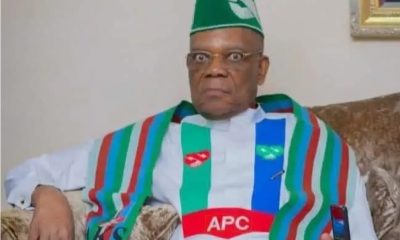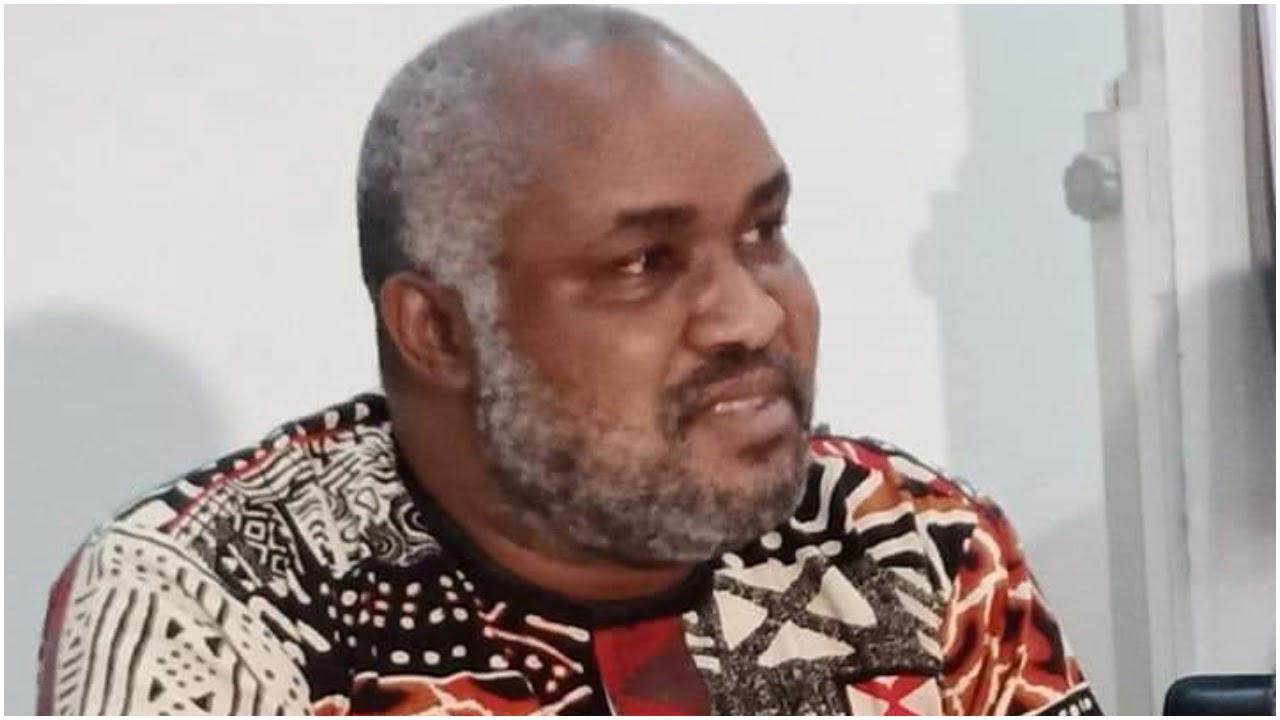The Human Rights Writers Association of Nigeria, HURIWA has called for the release of some Nigerian youths who were arrested at the Lekki Tollgate on Wednesday following the one year anniversary protest in honour of those who were allegedly killed by the Nigerian Military on October 20, 2020.
The rights group which described the arrest as absolutely ‘unconstitutional, unlawful, despicable, primitive and reprehensible”, called for an unconditional release of the arrested protesters from detention.
HURIWA described those who participated in the anniversary protests as heroes of constitutionalism who rather than being victimized, humiliated, harassed or tortured should be awarded National honours of bravery and courageous defence of Constitutional democracy and the rule of law which constitute collectively the bedrock of the human rights provisions enshrined on chapter 4 of the GrundNorm.
READ ALSO: LEKKI MASSACRE: Falana’s group, Lagos panel—2 reports Nigerians await
The rights group also asked the National Assembly to create a national board for the protection of protesters.
HURIWA said, “the call for a creation of an independent, autonomous but strong national agency to focus on promotion of attitudes of positive, democratic and peaceful protests has become increasingly necessary as a way of mainstreaming the democratic virtue of civil protests which are critical elements for the sustenance and survival of Constitutional democracy in the country.
“The body shouldn’t be another avenue to create jobs for the boys but should be a body to be constituted by less than 36 staff and hierarchy with offices in the six geopolitical zones of Nigeria”.
HURIWA condemned the “medieval mindset of the Nigerian Police and other security agencies towards organisers and participants in civil protests.”
It said the continuous attacks by police and security agencies of protesters are weakening Constitutional democracy and turning Nigeria into a brutal tyranny and dictatorship which it insists must be resisted because dictatorship isn’t different from slavery.

 Latest1 week ago
Latest1 week ago
 Latest1 week ago
Latest1 week ago
 Latest1 week ago
Latest1 week ago
 Business1 week ago
Business1 week ago
 Football1 week ago
Football1 week ago
 Business1 week ago
Business1 week ago
 Business1 week ago
Business1 week ago
 Latest1 week ago
Latest1 week ago

